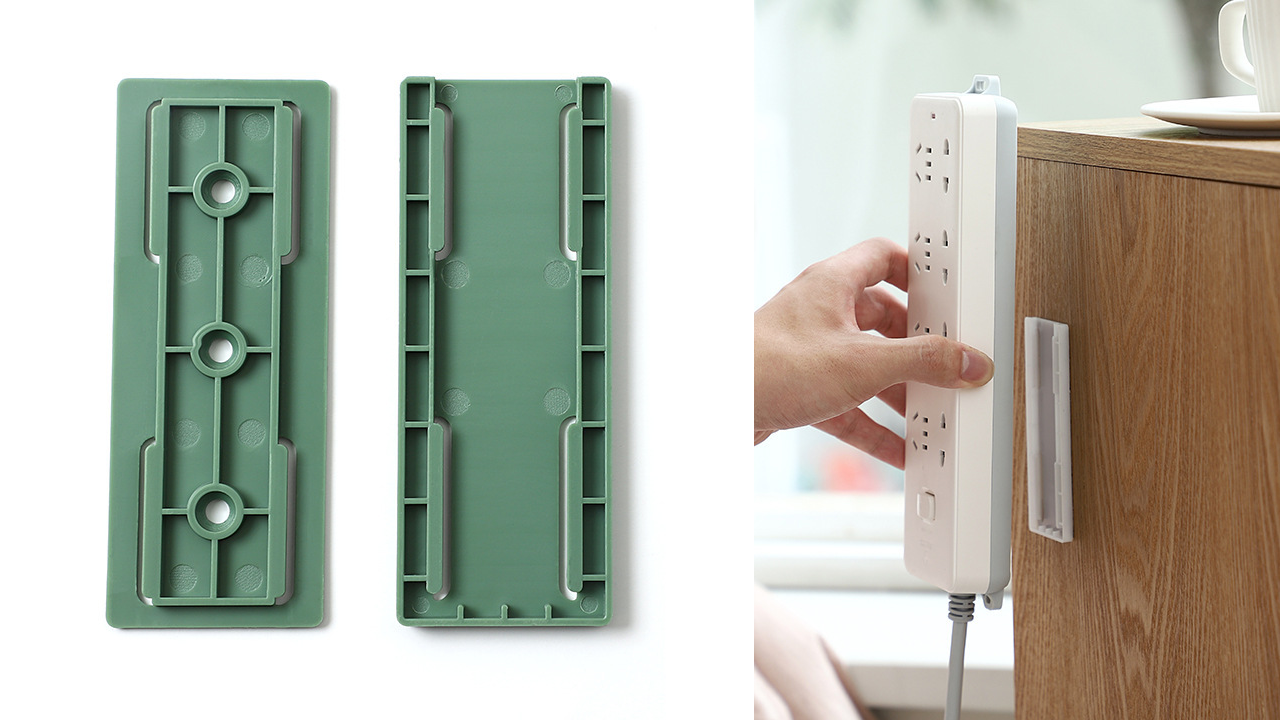What's wrong with a clicking knee?
The joint cavity is under negative pressure in a confined space, the joint cavity is pulled or the joint is bent with a high tension value, which can cause a gap in the joint, causing the surrounding gas to immediately spread into the gap and vibrate together with the joint fluid, resulting in a clicking sound, which is physiological and does not affect the health of the knee. Physiological popping is characterised by a crisp, single sound and sometimes mild pain in the joint, although the joint becomes relaxed after the popping. If the ringing is frequent enough to interfere with your daily life, you may need to take amylose or sodium glutamate injections under medical supervision to provide nutrition to the knee joint, maintain joint lubrication and improve symptoms.
What are the possible causes of pathological ringing in the joints?
1. Meniscus damage
The meniscus is a relatively soft part of the knee joint and can be easily torn by trauma or degenerative changes. If the torn meniscus is stuck in the joint space, it can rub against the cartilage when the joint is flexed and extended, resulting in a popping sound, accompanied by joint pain and a feeling of entrapment.
2. Patellofemoral joint disorder
Insufficient strength of the thigh muscles, high patella or low patella, shallow condyles, etc. are all part of the patellofemoral joint disorder, which is characterised by a popping sound in front of the knee, sometimes crisp, sometimes low and dull, accompanied by a sense of friction.
3. Wear and tear of articular cartilage
Cartilage wraps around the joint and its thickness can slowly thin with age. Overweight or obesity, strenuous exercise, etc. can cause cartilage wear and tear, and in severe cases can cause the cartilage surface to crack and fall off. When the cartilage surface becomes rough, the flexion and extension joints can make a clicking sound, especially when squatting and climbing stairs, which is often accompanied by severe pain.
4. Contracture of the iliotibial bundle
When the knee joint is repeatedly flexed and extended, the skeletal tibial bundle rubs against the lateral femoral condyle, which can lead to inflammation. This is often accompanied by a popping sound when the joint is flexed and extended, often at the anterolateral aspect of the knee, especially when the knee is flexed 20 to 30 degrees, and is accompanied by severe pain.
Tips
Most clicking joints are physiological and do not require specific treatment. If the joints are popping, accompanied by joint pain, swelling, weakness, jarring and morning stiffness, then the knee joint is a problem and further tests are required to confirm the diagnosis. You can increase the strength of the knee muscles by straight leg lifts, static squats and slow squats in your daily life.
Popular Articles
-
The world's most primitive peach jellyfish, called "water pandas"!

-
 Master 3 running essentials to boost fat burning efficiency!
Master 3 running essentials to boost fat burning efficiency!Apr 20, 2025
-
 Want to exercise more easily? You should do this
Want to exercise more easily? You should do thisApr 20, 2025
-

Photos
Keep your power sockets and air conditioner remote control well storedApr 20, 2025
-
 Fitness Equipment | How to choose a suitable for their own yoga mat?
Fitness Equipment | How to choose a suitable for their own yoga mat?Apr 20, 2025
-
 To share with you a few home essential goodies, each is a practical faction! Act quickly!
To share with you a few home essential goodies, each is a practical faction! Act quickly!Apr 20, 2025







Comments
0